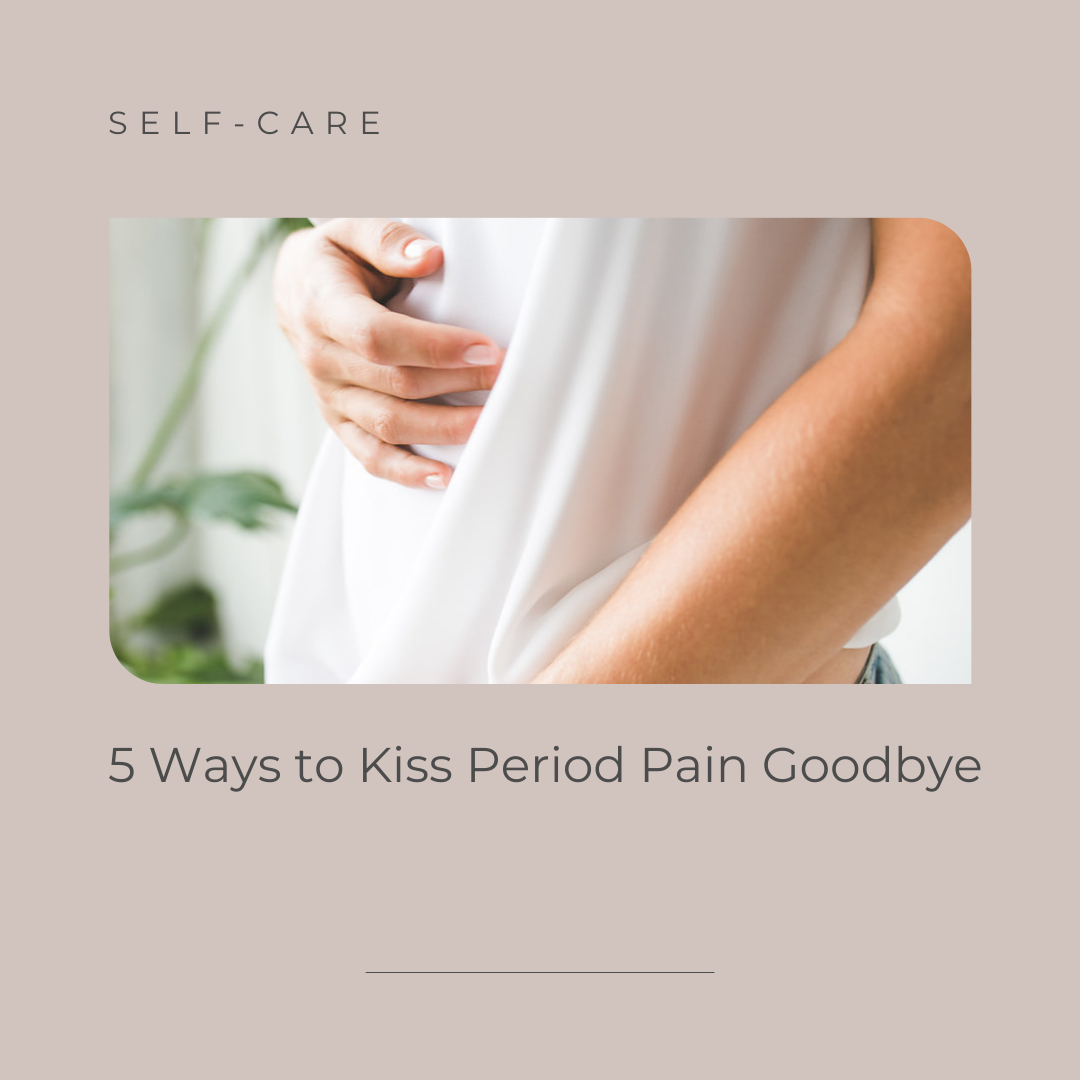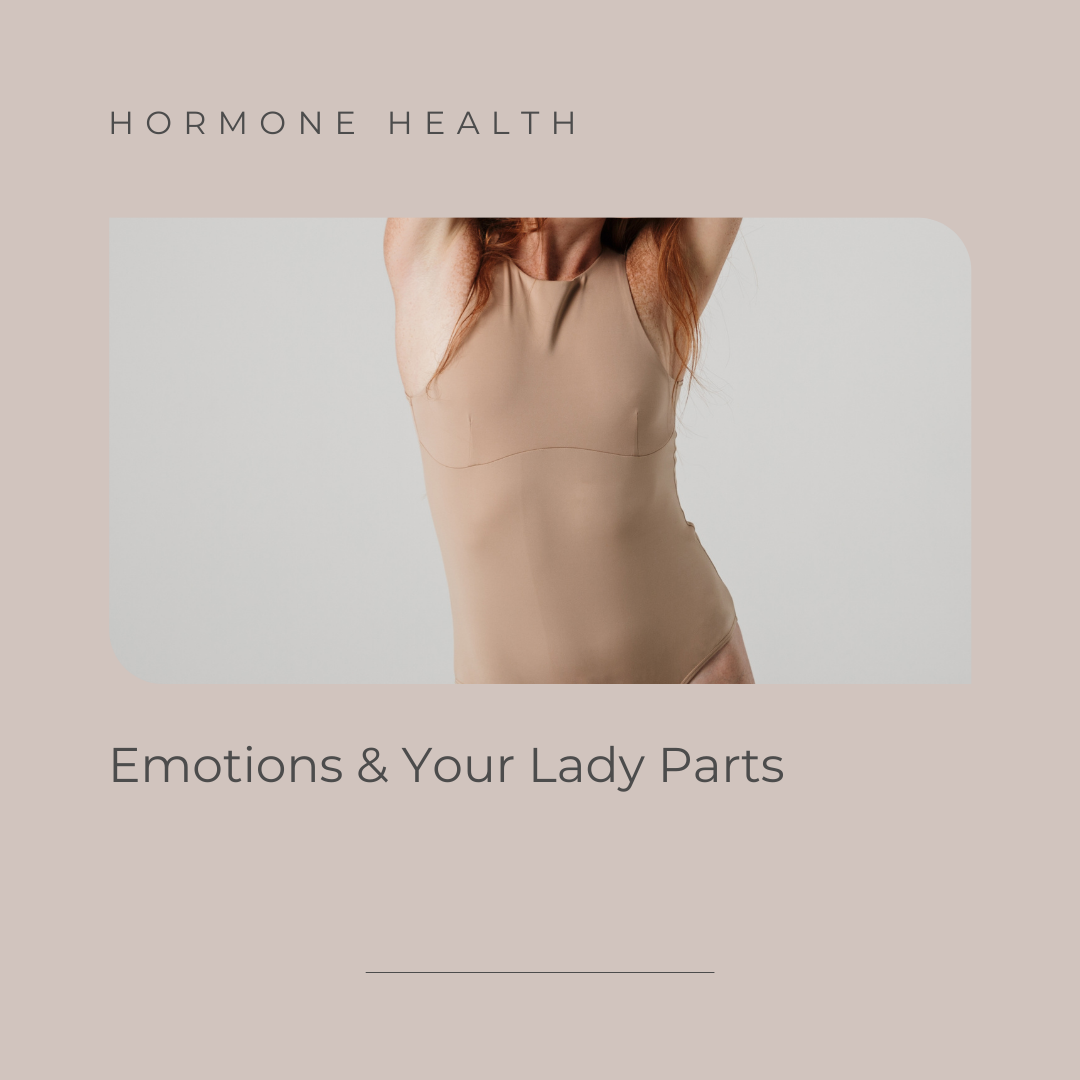Wondering how coffee may be affecting you?
Here are some common symptoms associated with coffee consumption that may suggest that you need to manage your cravings:
- It takes a cup of coffee for you to fully open your eyes in the morning
- You feel wired but tired
- Headaches
- Outbursts of sudden anger or rage
- Difficulty falling asleep
- Restless sleep
- You feel nervous and not sure why
- Rapid or racing heart beat
- Frequently irritated
- Stomach pains, ulcers, and indigestion
The upside of caffeine
For caffeine lovers and drinkers, maybe you have contemplated whether life is worth living without it. Well you may be happy to hear that "a study of 29,000 individuals found that one to four cups daily decreased the risk of Parkinson's by 47% and 5 or more cups decreased the risk by 60%" (1)
Recent findings show that if you drink one cup of coffee a day, you can reduce your risk of diabetes by 13%, (2) When taken properly, this little bean can be quite a potent form of medicine.
The downside of caffeine
Unfortunately, caffeine is similar to that of a high interest loan. Boosting brain function doesn't come without a downfall.
Caffeine stimulates a reaction in the body similar to that of stress. When we are under stress, the brain sends a message to our adrenal glands asking for that "loan".
The adrenals produce energy for us even when they may not even have it. We then get a surge of energy, similar to that of a "survival mode".
But unfortunately, what goes up must come down.
Caffeine stimulates our adrenals to produce more cortisol and stress hormones giving us a temporary surge of energy but only last 3-5 hours until we need our next dose to get that boost in brain function again.
And these are the 'terms' of the coffee loan:
- decreases the production of good hormones like DHA (3)
- raises cholesterol (3)
- decreases bone density (4)
- raises blood pressure (3)
- increases inflammation (4)
- affects sleep (3)
- lowers libido (4)
- acidic and dehydrates the body (4)
- irritates the mucosal lining of the digestive tract (4)
- may induce worry and over thinking (4)
Here are 5 ways you can start managing your caffeine cravings.
Monitor your daily intake.
Read the labels of all products and foods you are consuming, including over-the-counter medications, energy drinks, chocolates, sweets, and teas.
Remember to include this caffeine content in your calculated daily intake. What you may only realize to be 2 cups of coffee a day could actually be more like 10 doses of caffeine.
Drink coffee according to your biological clock.
We have a 24-hour biological cycle, known as the circadian clock. When we wake in the morning our cortisol levels naturally peak their highest first thing in the morning (around 7am). Our brain is flooded with cortisol which naturally helps keep us alert. It best to let your body adjust to this natural supply of energy by waiting at least an hour or two after you rise in the morning to get your dose of caffeine. A coffee first thing in the morning will drive your adrenals into debt and is responsible for that "caffeine crash" throughout the day. If you can hold off on caffeine for those first couple hours in the early am, who knows you may be able to even kick your caffeine cravings.
Drink caffeine after a heavy meal.
Since caffeine is a stimulant, it can assist in stimulating digestion after a big meal. But, be easy on the dose. A small (European size, not North American small size) cappachino with milk and sipped slowly is ideal.
Replace one or more of your cups of coffee with a light jog or yoga class.
Exercise stimulates a similar reaction to the body as caffeine but with added benefits. Both jogging and yoga release endorphins, increase blood circulation, improve the removal of toxins, and increase lung capacity. If you're struggling to stay awake throughout the day or need an emotional uplift, a yoga class or a brisk 30-minute walk can help stimulate various brain chemicals that will leave you feeling happier and more relaxed.
Switch to green tea.
Green tea has the beneficial ingredient called Theanine that assists in normalizing anxiety and reducing cortisol surges. Unlike coffee which can make us feel like we're on an emotional roller coaster, green tea helps to stabilize our mood. It is a sustainable and alternative option loaded with antioxidant properties. It improves blood circulation, lowers cholesterol, and even improves memory function. Studies also show that green tea may even help reduce the risk of some types of cancers.
Over to you.
What helps you stay alert during the day that is not a caffeine derivative? Leave it in the comments below.
Much love and lady flow care,
Elaine Clark, nutritionist, trauma informed educator, women's health pioneer, and founder of LADYFLOW. Elaine works with health conscious women to feel at home in their body and awaken to their creative potential. She offers a variety of tools to support women with her classes, trainings, retreats, and wellness products.
References
1. Mov Disord. 2007 Nov 15;22(15):2242-48
2. Diabetes Care. 2006 Feb;29
3. Douillard, John. The Good, The bad, and The Ayurvedic Perspective. September 29, 2011
4. Gottfried, Sara. MD (2013) The Hormone Cure. New York, NY: Scribner.













